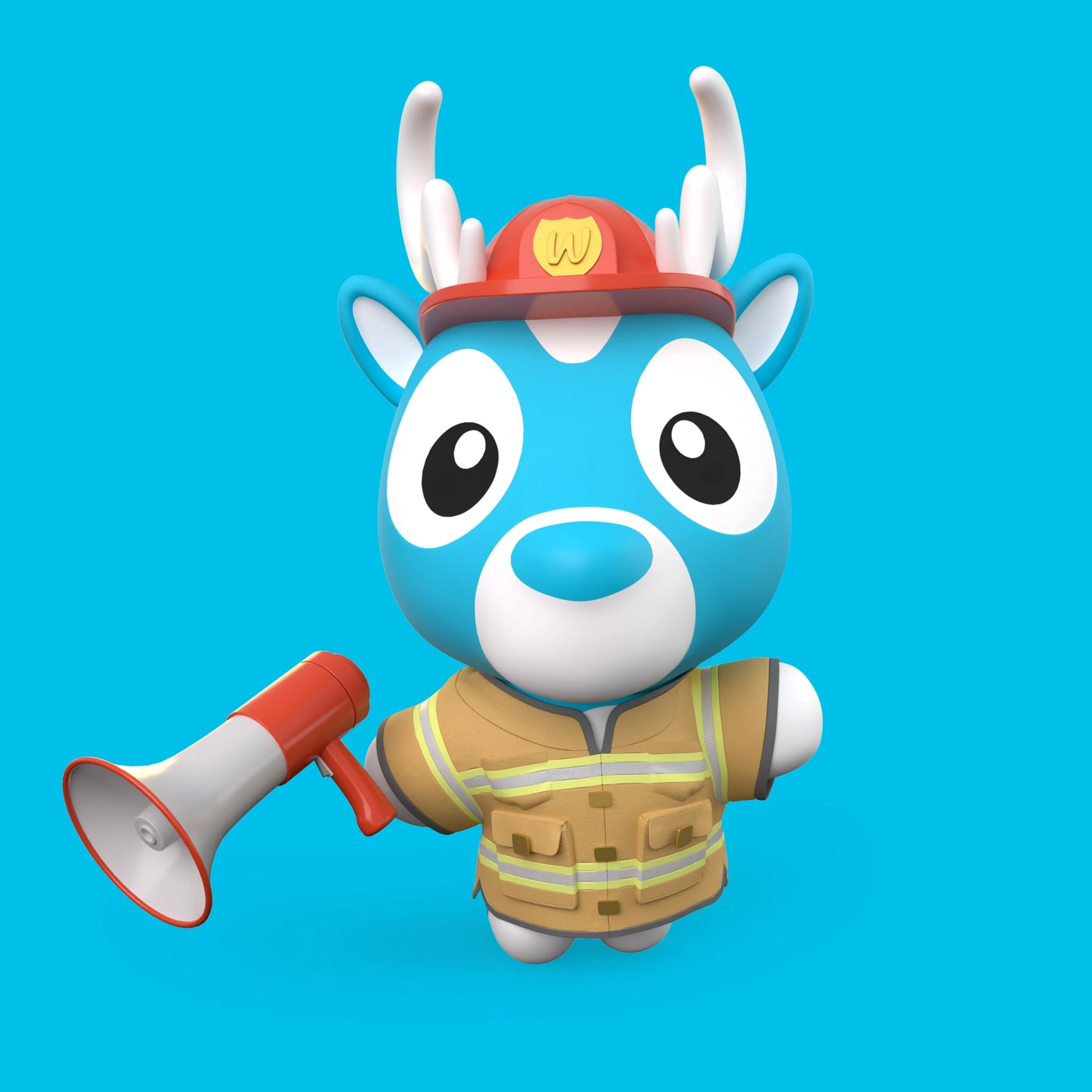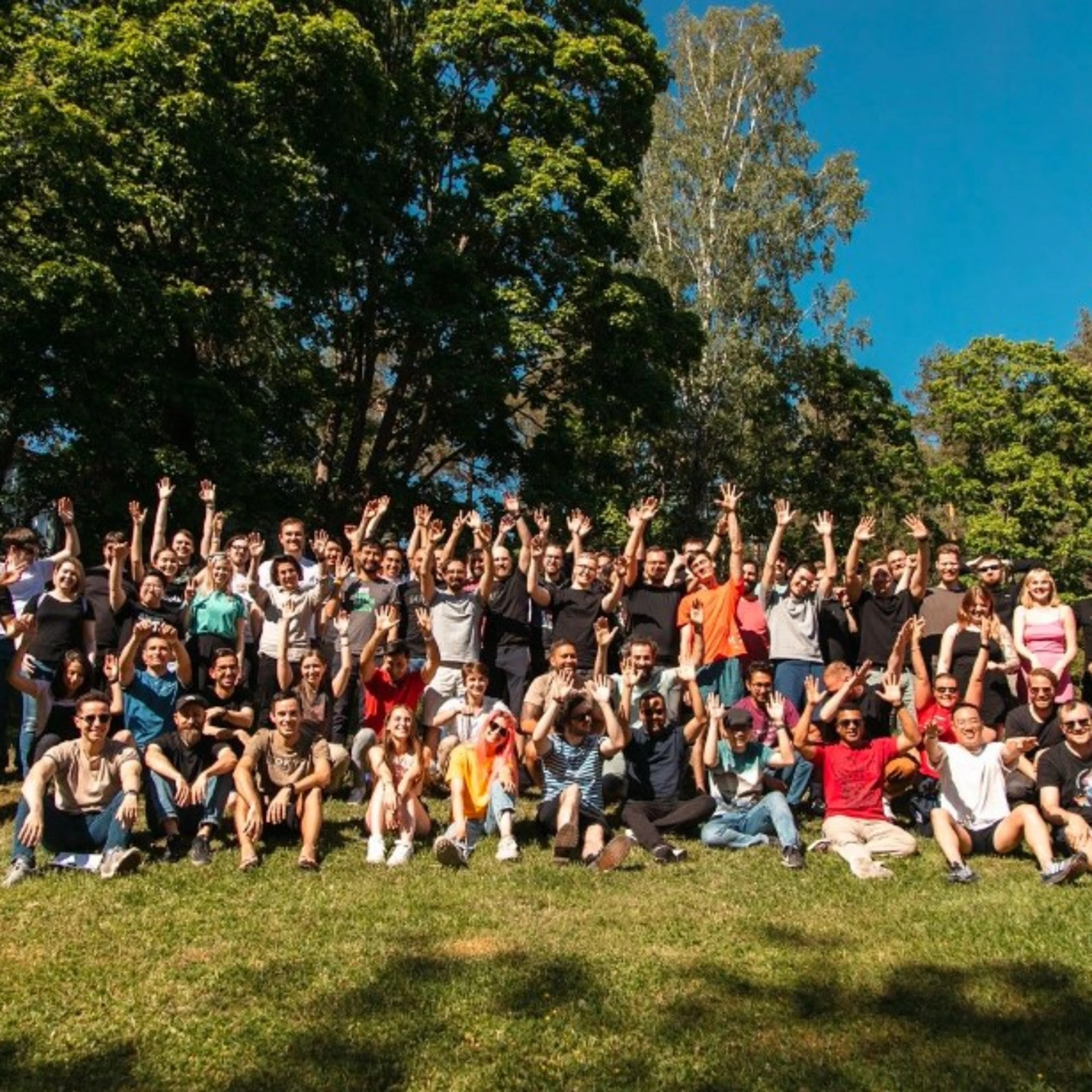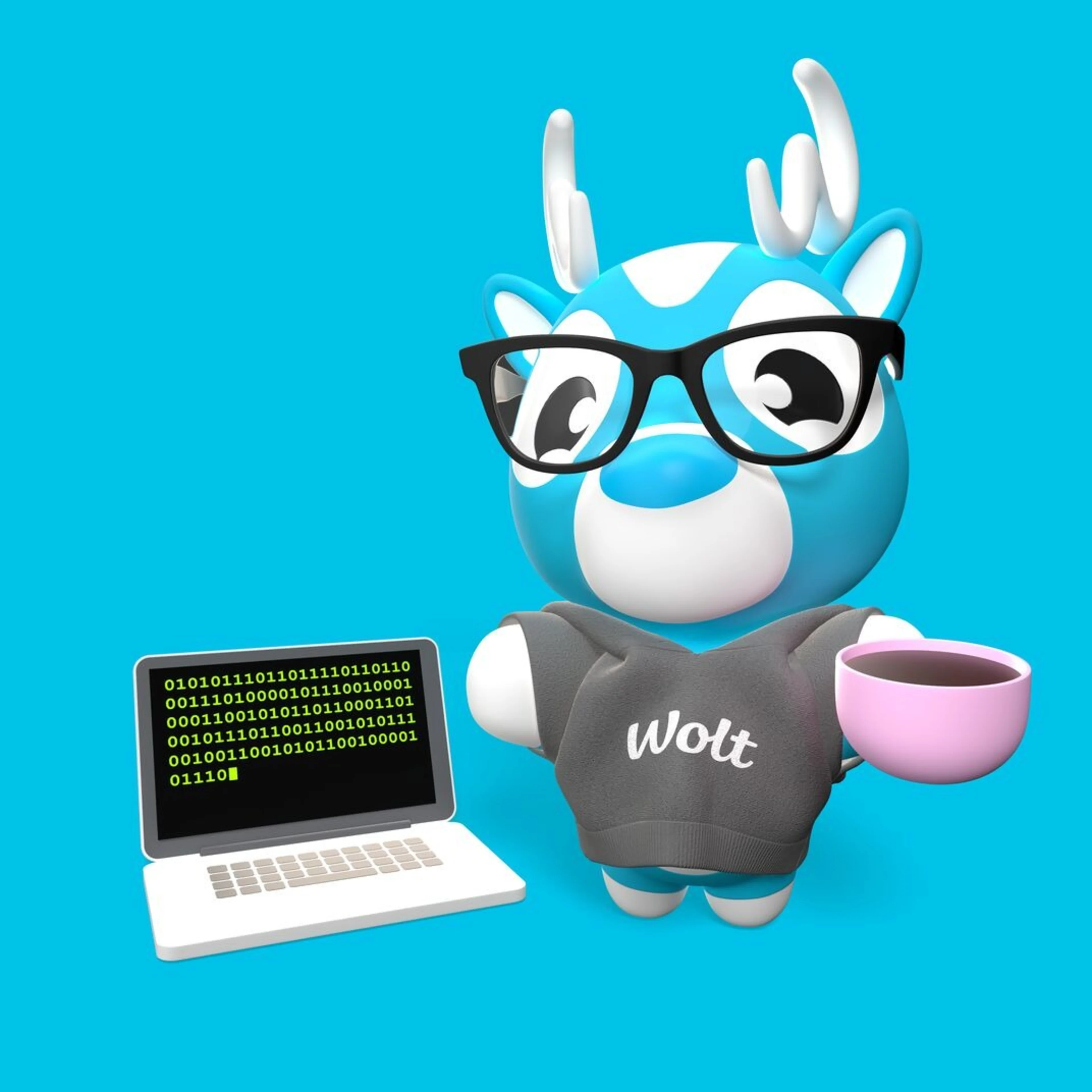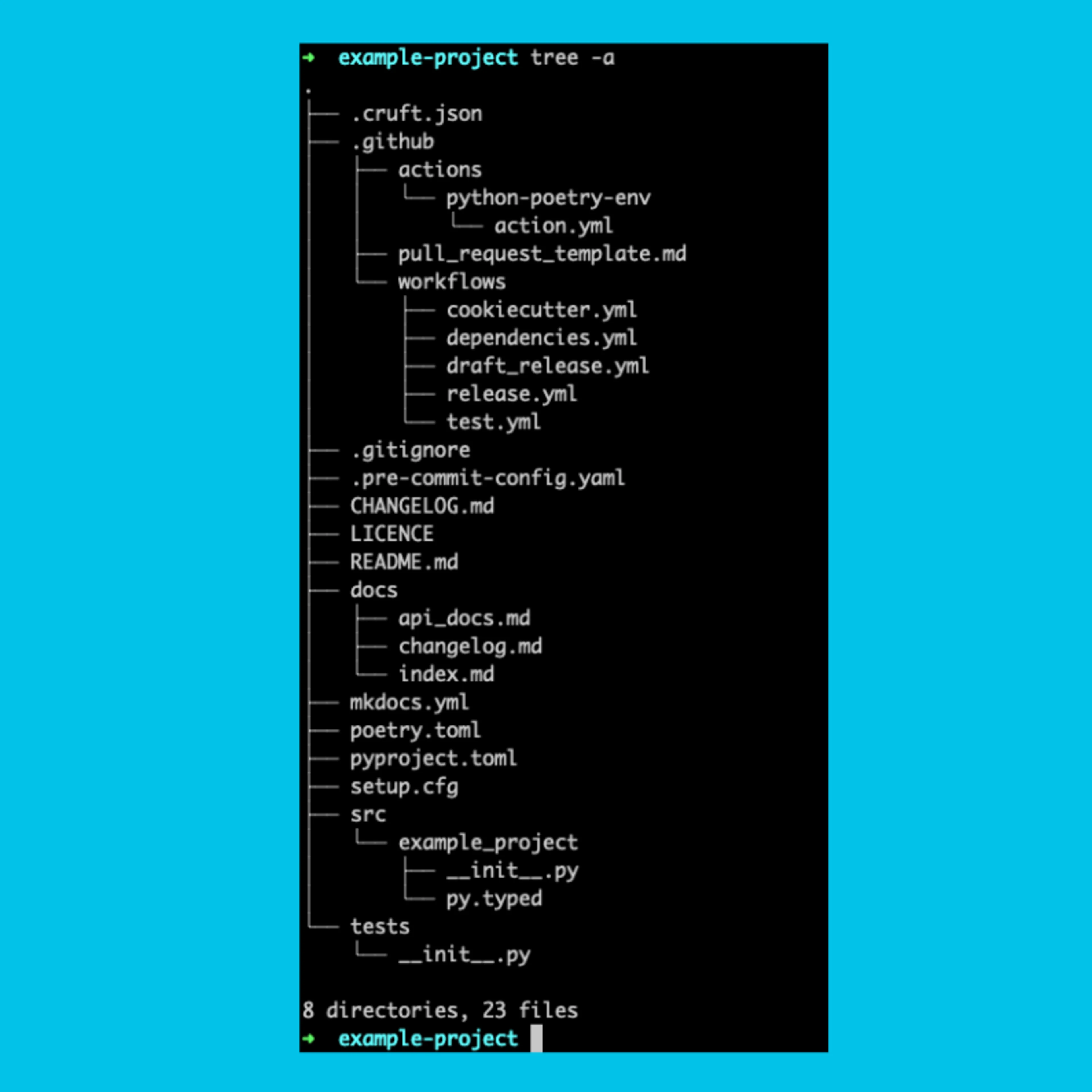Tech
Untamo Hirvonen, QA Competence Lead & Mikko Vaha, QA Team Lead
Jan 3, 2024
How we do Quality Assistance at Wolt

At Wolt, our QA team fosters a culture of Quality Assistance – a mindset and approach to how we build quality products. Our team’s goal is to empower product teams to take ownership of their quality and provide support that helps them to succeed. We’re committed to keeping the quality bar high as we strive to enable both our teams and the entire organization to continually improve.
In this blog post we continue our QA blog series and this time we’re going to talk about how we approach quality at Wolt. This is a follow-up to our previous blog post where we talked about the shift from Quality Assurance to Quality Assistance.
Building a testing manifesto
When it comes to QA, we embrace a quality assistive approach at Wolt as it’s rooted in our culture, values, and pursuit of crafting excellence. Our goal is to embed quality into our products by prioritizing prevention over detection. When crafting our testing manifesto — a philosophy of how we approach quality and testing — we were inspired by the Testing Manifesto by Growing Agile (see photo below), as it perfectly resonated with our vision (and even matched our Wolt colors!). With this inspiration, combined with our own vision, we were able to build a concise, tailored manifesto for our own organization.
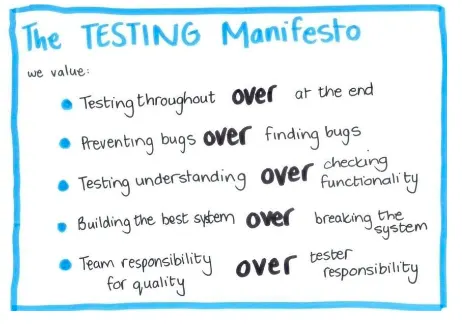
Testing manifesto (credit: Growing Agile)
At Wolt, we promote principles like:
✅ Shifting left
✅ Focusing on preventive actions
✅ Fostering high team ownership and a quality mindset.
We aim to empower teams to own their quality, providing tailored support for their specific needs. While we’re committed to maintaining a high quality bar and enabling continuous improvement throughout our organization, it can be tricky in an autonomous environment. Due to the autonomous, independent nature of our product teams, there’s no “one size fits all” solution to all problems. As a result, the QA approach and tooling differ in all teams depending on their scope and the problems they’re solving. This diversity is something that makes life very interesting for our QA team.
How we approach quality at Wolt
Let’s dive deeper into what these principles mean for us.
Shifting left and building quality into the product
Traditionally testing is considered to be the last phase before releasing the product to the customers. Shifting left is a term used widely in the industry and, in essence, it means that we want to move testing to early phases in the development process.
But what does shifting left actually mean at Wolt?
It means that ensuring quality starts already in planning. In the planning phase, a Quality Assistance Engineer can help teams to identify potential risks and to plan testing more efficiently. Risk assessment is very useful in understanding how the product is going to be used and what are the risks involved if something goes wrong. It helps teams to plan testing efficiently, focusing on the high-risk areas.

The key is to test early and often.
Fast feedback loops are essential for delivering high quality. This means for example less end-to-end tests, and instead having a high coverage of unit- and integration tests where the feedback loops are quick. End-to-end tests, however, still play an important role in achieving high confidence in the product we’re building, so they shouldn’t be left out.
To move fast and efficiently, we conduct Three Amigos sessions where a developer, product lead, and a QA engineer have a short chat before development starts, to align on specifications and the testing plan. These sessions help us to ensure we know what we’re aiming for with a new feature and that it has the needed details for e.g. testability.
By having proper test planning done before the development starts, we can ensure that we have the right tests in place and we can deliver a high-quality product with high confidence.

Empowering teams to own their quality in an autonomous environment
Product development at Wolt is built around autonomous teams that are driven by a high sense of ownership, where teams own their part of the product from idea to production. What we in the Quality Assistance team want to do is to empower the teams to own their quality. That means coaching groups, teams, and individuals on their Quality Mindset.
Quality Mindset is about understanding the product you’re building, how it’s being used, and who are the customers using it. By coaching our teams on Quality Mindset we ensure teams focus on the right problems, when delivering what we at Wolt call a Wolt-grade product and user experience.
Some of the ways in which we cultivate a Quality Mindset are working in pairs, strong focus on planning, and having Testing Parties to test together what we’ve built. We’ll dive deeper into a few of those later but first, we need to set the expectations for the QA team.
The role of QA in an autonomous environment
When teams have high ownership of the quality of their work, what’s the role of the Quality Assistance team? The expectations and responsibilities of the QA team are to keep the quality bar high and empower the teams and the organization to improve.
We achieve that by helping the teams in ways that benefit them and getting our hands dirty when necessary. That means we’re not afraid to do manual testing, write tests, or do whatever it takes to help the team to deliver high quality. In the short term, we do whatever is needed. But in the long term, we ensure teams can deliver with high quality even without dedicated QA support. We keep learning together with the teams by getting involved in team retros, and utilizing tools like quality-focused retrospectives to assess the quality practices in the team.
Continuous improvement is the key to success.
The next blog post we’ll take you into the world of tooling that enables us to concretise what was described above. For those looking for some practicalities, we recommend checking it out.
